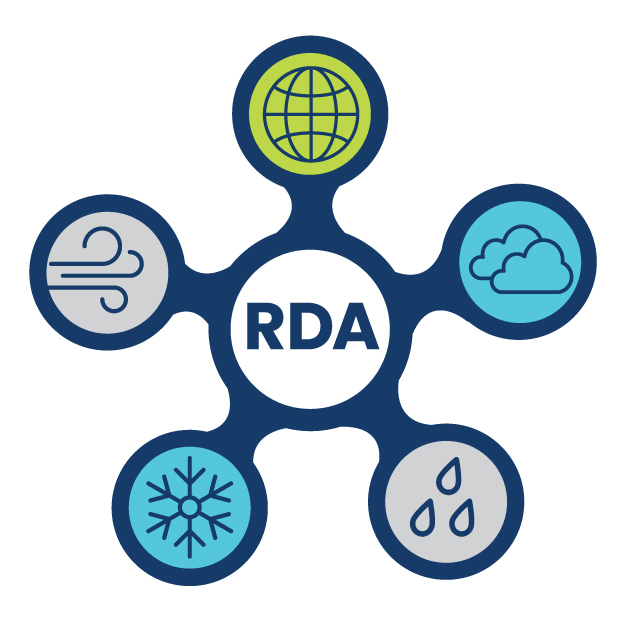
NOAA NCEI Extended Reconstructed Sea Surface Temperature
d277009
| DOI: 10.5065/JZ08-3W17
The NOAA NCEI (National Center for Environmental Information) Extended Reconstructed Sea Surface Temperature (ERSST) dataset is a global monthly sea surface temperature dataset derived from the International Comprehensive Ocean-Atmosphere Dataset (ICOADS). Production of the ERSST is on a 2 degree grid with spatial completeness enhanced using statistical methods. This monthly analysis begins in January 1854 continuing to the present and includes anomalies computed with respect to a 1971-2000 monthly climatology. The newest version of ERSST, version 5, uses new data sets from ICOADS Release 3.0 (Sea Surface Temperatures) SST; SST comes from Argo floats above 5 meters, Hadley Centre sea ice and SST version 2 (HadISST.2) ice concentration. ERSSTv5 has improved SST spatial and temporal variability by
- reducing spatial filtering in training the reconstruction functions Empirical Orthogonal Teleconnections (EOTs),
- removing high-latitude damping in EOTs,
- adding 10 more EOTs in the Arctic.
| Sea Surface Temperature |
Latitude Range: Southernmost=88S Northernmost=88N Detailed coverage information Detailed coverage information 2° x 2° from 0E to 358E and 88S to 88N (180 x 89 Longitude/Latitude)
 This work is licensed under a Creative Commons Attribution 4.0 International License.
This work is licensed under a Creative Commons Attribution 4.0 International License.